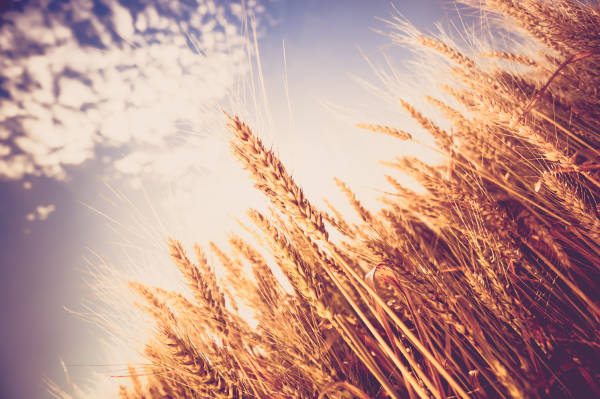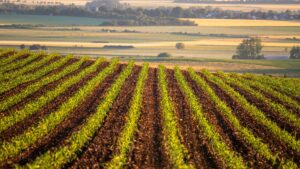Take the wild and distant relatives of bread wheat, transfer any agronomically important traits you can find into modern varieties of wheat, and distribute the newly-created germplasm worldwide for use in international breeding programs and scientific research.
This is the immense task facing husband-and-wife team Ian and Julie King and their team of experts at the newly established Wheat Research Centre (WRC) at The University of Nottingham in the U.K. Their new industrial scale ‘shotgun’ approach to plant breeding has only been made possible through technological advances and specific breeding strategies, but it could help to guarantee the sustainability of one of our leading sources of food.
The new research centre in the School of Biosciences will be officially opened by ‘super woman of wheat’ and influential advocate for wheat research and science Jeanie Borlaug Laube, daughter of Norman E Borlaug who received a Nobel Prize for his lifetime of work to feed a hungry world. The event will take place at Sutton Bonington Campus at 11 a.m. on April 11.
In the last four-and-a-half years, the Kings have created 25,000 crosses. Their seed store is packed with more than 500,000 seeds. All the material they produce must be freely available but it can only be made available when they have shown that the important genetic variation from a wild relative is stable – homozygous – and can be scaled up.
Both the new germplasm and the information generated by this project will be made freely available. That means plant breeders can use the germplasm to cross with their existing lines, while academics will be able to make use of it to understand the mechanistic basis of key traits in bread wheat.













